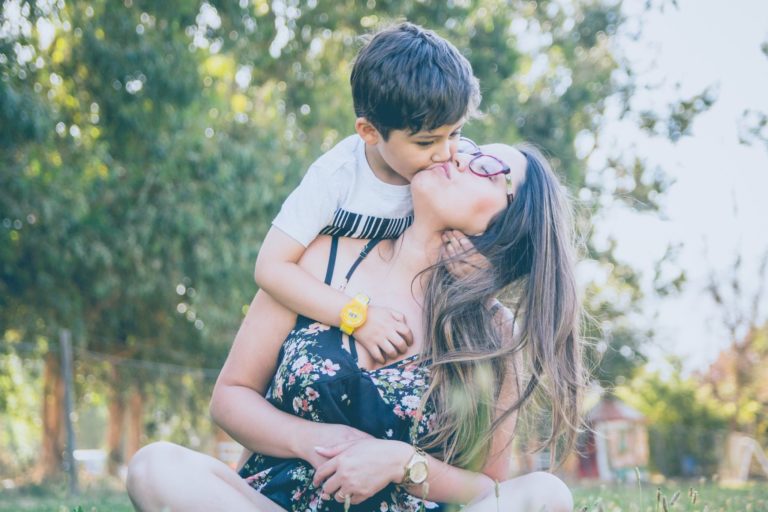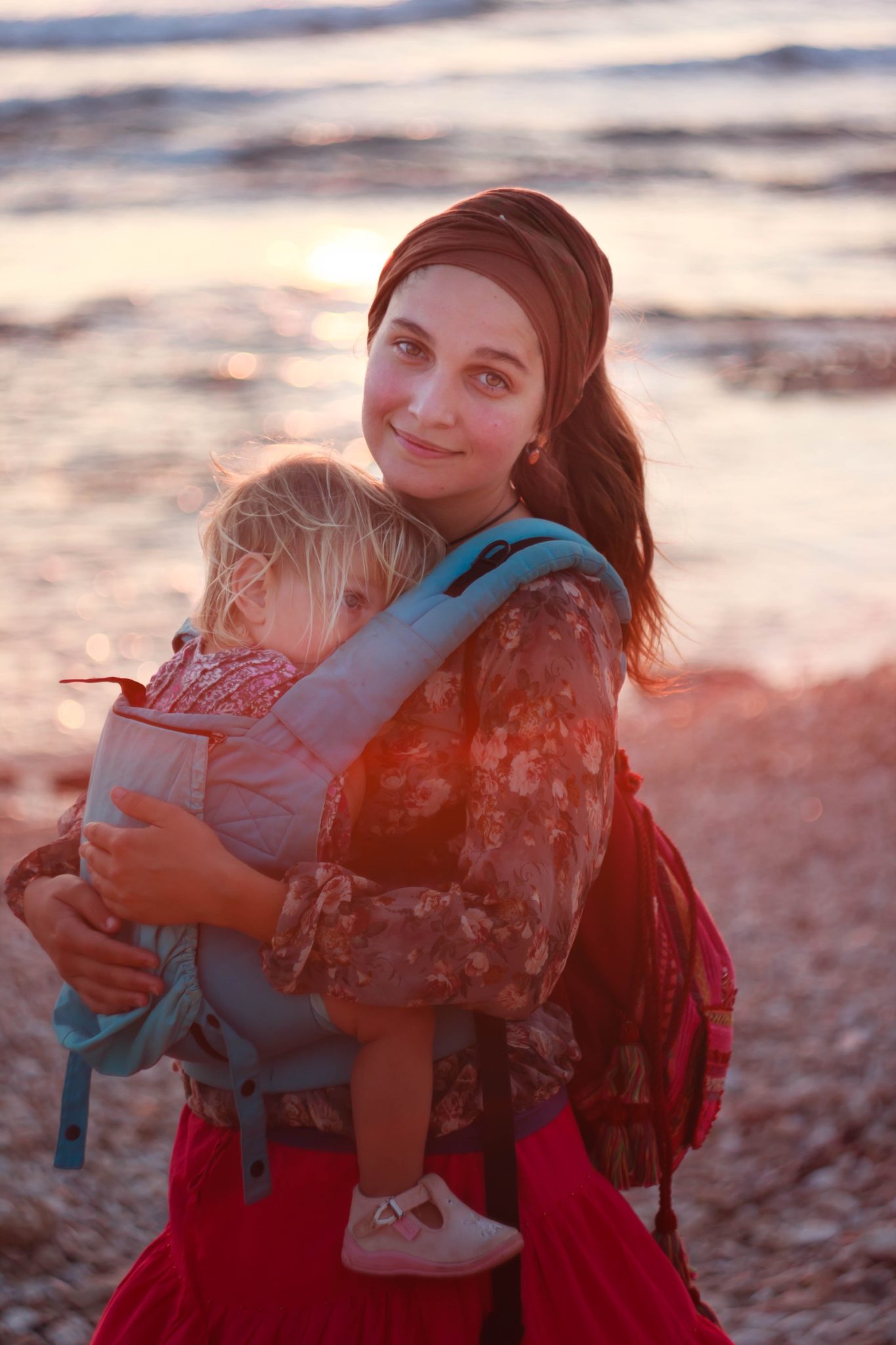Our society and science advance in large steps. As a result of this evolution, different family models arise, like families with same-sex parents or large extended families. Today, we’re going to see one of those new family models, the “single-parent family,” that is to say, a family composed of a single parent and his/her children. Specifically, we’re going to talk about single-parent families founded by a single mother who has utilized assisted reproduction.
Being a mother without a partner is possible
If we take a look back, we see how many women have confronted the process of childrearing by themselves without having planned to be single. They are women whose partners have decided to desert them and leave them in charge of raising the children. This isn’t the case of the mother who is single by choice. These mothers, upon sensing the desire to become mothers and without counting on stable male partners, decide to turn to the techniques of assisted reproduction.
Men who desire to become fathers without female partners have to look to adoption or surrogacy. Nevertheless, for women, the option of assisted reproduction is currently legal and, in some places, covered by health insurance plans. This service grows out of the needs of women who want to become mothers without male partners; it allows them to avoid resorting to having adventures with men in order to get pregnant, as they had to do in times gone by.
Profile of a single mother by choice
Maria Brichette, a psychologist who specializes in assisted reproduction, describes the profiles of these women in the Psychological Intervention Manual of Assisted Reproduction in 2012 in the following manner: single by choice, between 30 and 45 years of age, voluntarily choosing to become single mothers, autonomous and independent, emotionally stable, employed, and living in cities close to their families of origin.
In most cases, these women have postponed maternity in favor of their professional growth or because they haven’t found partners with whom they wanted to have children. Even though we don’t yet have sufficient statistical data from Spain about the number of mothers who are single by choice, according to the Statistical Report about Techniques of Assisted Reproduction published in 2016 by the Spanish Fertility Society (SEF), 4.4% of the the assisted-reproduction treatments carried out with a woman’s own ovaries were for women without male partners.
Where do I come from?
One of the moments that tends to generate the most insecurity in mothers is when the child asks questions about his/her origins. Experts have identified the age of three as the perfect moment to begin to reveal the child’s origins to him/her. It is important to transmit the information naturally, adapting our language so that our child can understand us. For instance, we can say to our child that we really wanted to have him/her and that his/her birth was made possible thanks to the help of another person.
There is also a large variety of stories to explain a child’s origins to him/her. In this way, they can understand and feel secure about themselves, realizing that they have nothing to hide. Because of how important this matter is, it is advisable that you work on your own to consider your concerns and prejudices about explain the story that you’re going to tell your child. In truth, it isn’t a bad idea to start practicing how you’re going to confront that moment from the time your child is born.
Psychological support for single mothers by choice
This group differs from a lot of people who rely on assisted reproduction because, in principle, this group doesn’t have a problem with infertility. But it is important to highlight that becoming a single mother by choice requires an extra effort. This includes the economic level: the family economy depends exclusively on the single woman, and the family balance is complicated because the woman can’t rely on a partner to do any of the household tasks. In these cases, a woman’s psychological state, support network, and expectations regarding the fertility treatment are all important.
Additionally, the techniques of assisted reproduction often require various attempts before achieving pregnancy. The need to receive help has led to the creation of diverse associations in which other women in the same position can offer each other support and go through the situation together.
Social reaction to single mothers
Even though this family model has existed for several years, and even though there are more and more mothers who opt for this arrangement, there are still reactions of surprise and rejection in our society. We continue to consider the conventional family model of a father, a mother, and children as “the best model to raise a child.” Numerous studies conducted about single mothers and their children show that the presence of a “father” isn’t necessary for the emotional- and psychological well-being of the child. However, we can’t forget the importance of unveiling the child’s origins to him/her naturally and with transparency.
The associations of single mothers by choice allow children and their mothers to grow up observing other families that are similar to their own. In Spain, there are primarily two organizations with these characteristics:
Additionally, Eva María Bernal and Rosa Maestro have made published their own stories on their websites of using assisted reproduction to become mothers. These two women can inspire others who are thinking about the possibility of starting a family.
Without a doubt, confronting maternity without a partner requires a lot of bravery. If you are thinking about becoming a single mother by choice, if you have any doubts or you’d like to receive psychological support, don’t hesitate to contact our team at ifeel.











